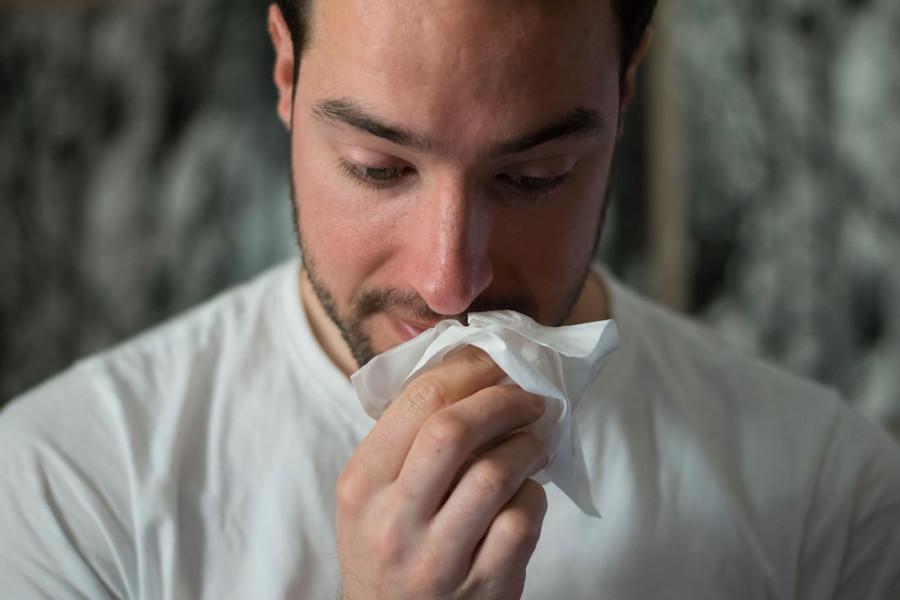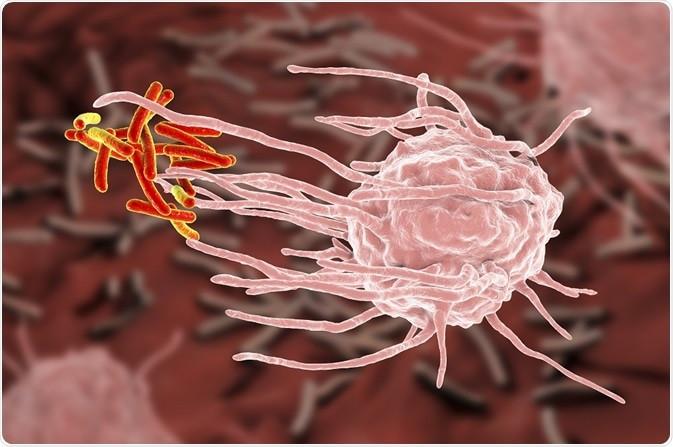Explore the World's Best Ideas
Join today and uncover 100+ curated journeys from 50+ topics. Unlock access to our mobile app with extensive features.
The flu is not caused by cold weather
Contrary to common belief, the flu is not directly caused by cold weather. It's actually the influenza virus that's responsible. Cold, dry conditions in winter aid the spread of the virus, as people gather indoors, increasing the likelihood of transmission. While cold weather can weaken immune defenses, making us more susceptible, it's the virus, not the temperature, that leads to flu.
20
273 reads
Avoid Touching Your Eyes to Prevent Infection
The common cold virus is often transmitted when a person touches surfaces contaminated with the virus and then touches their eye area. This contact allows the virus to enter the body through the mucous membranes in the eyes, leading to infection. Regular hand washing and avoiding touching the face, especially the eyes, can significantly reduce the risk of contracting the common cold.
21
218 reads
You Are Contagious If You Have Symptoms
If you're showing symptoms of an illness, it's a strong indicator that you're contagious. Symptoms like coughing, sneezing, or a runny nose are not just signs of your body fighting the infection; they also mean you're likely to spread the germs to others. These symptoms often involve the release of airborne particles or bodily fluids that can carry the virus or bacteria, making it easier to transmit the illness to those around you. Therefore, when experiencing such symptoms, it's important to take precautions to prevent spreading the infection to others.
19
197 reads
Skin Is Your Ultimate Protection Against Infections
The human skin acts as the largest barrier against infections, serving as a primary line of defense. Additionally, the eyes, being an extension of the brain, are equipped with their own protective mechanisms. They contain antibacterial chemicals that actively combat invading pathogens. The yellowish discharge often found in the corners of the eyes upon waking. This material is actually the residue left behind after these antibacterial agents have engaged with harmful microorganisms during sleep, essentially the aftermath of a microscopic battle waged to protect your eyes from infection.
21
209 reads
Eyes & Mouth Is The Weakest Part
The primary pathways for viruses to enter the body are through the eyes and mouth, where protective barriers are less robust compared to other entry points. In contrast, areas like the nose and anus are fortified with mucous membranes and host beneficial bacteria, which form a defensive line against pathogens. The mucus acts as a trap for invading organisms, while the healthy bacteria present compete with harmful microbes, reducing the likelihood of infection. This distinction highlights the importance of protecting the eyes and mouth from exposure to viruses.
20
180 reads
What Happens When a Virus Enters Your Body?
When a virus enters the body, it's quickly detected as a foreign invader. The immune system responds by tagging these viral cells with an "eat me" signal. This signal alerts the body's defense cells to identify and destroy the invaders. White blood cells, such as macrophages, then engulf and digest these marked cells, effectively eliminating them. This process is a crucial part of the body's innate defense mechanism against viral infections, helping to prevent the spread of the virus within the body and aiding in the overall immune response.
17
100 reads
Adaptive Immune System: Tailored Defense with Memory for Long-Term Immunity
The adaptive immune system is highly specialized and tailored to recognize specific pathogens. Unlike the innate immune system, which responds immediately but generally to threats, the adaptive system remembers past invaders and prepares the body for stronger and quicker responses to future attacks. It involves specialized cells like T-cells and B-cells. B-cells produce antibodies that target specific pathogens, while T-cells destroy infected cells and help coordinate the immune response. This system's ability to adapt and remember makes it crucial for long-term immunity.
17
91 reads
Swish and Swallow Water Before Sleep and Pre-Brushing to Boost Gut Microbiome Health
To support your gut microbiome, consider a simple routine of swishing and swallowing a small amount of water before sleeping and immediately after waking up, but prior to brushing your teeth. This practice helps in transferring the beneficial oral bacteria to your gut. The oral microbiome, containing a diverse range of bacteria, plays a role in overall health, and transferring these microbes to the gut can aid in maintaining a balanced gut microbiome. This balance is crucial for digestion, immunity, and overall well-being.
23
116 reads
Innate Immune System: The Body's Immediate, Generalized Line of Defense
The innate immune system is the body's initial line of defense against pathogens, offering a rapid, generalized response to foreign invaders. Unlike the adaptive immune system, which learns and remembers specific pathogens, the innate system responds immediately to a wide range of threats. It includes physical barriers like skin and mucous membranes, as well as various immune cells such as macrophages and neutrophils that identify and eliminate pathogens. This system's non-specific, quick-action approach is crucial for early protection.
17
82 reads
Short Bursts of Exercise Boost Immunity, While Marathon-Like Exertion Can Weaken It.
Moderate to high-intensity exercise, lasting about 60 minutes or less, can be highly beneficial for the innate immune system. This duration and intensity of physical activity help to stimulate and strengthen the body's defense against pathogens. However, it's important to note that prolonged, intense exercise, such as running a marathon, may have the opposite effect. Extended physical exertion can lead to a temporary decrease in immune system efficiency making the body more susceptible for infections.
ANDREW HUBERMAN
21
113 reads
Triple 15-Minute Sauna Sessions: A Warm Boost for Your Innate Immune System
Taking three 15-minute sauna sessions can significantly improve your innate immune system. The heat from the sauna stimulates the body's immune response, enhancing the activity of white blood cells and increasing production of heat shock proteins, which play a crucial role in immune system regulation. These short, repeated exposures to high heat not only help in stress relief and relaxation but also bolster the body's first line of defense against pathogens, thereby supporting overall immune health. Regular sauna use, therefore, can be a valuable addition to a healthy lifestyle.
18
96 reads
IDEAS CURATED BY
Lifelong Learner & Mindful Maverick | Embracing the wisdom of Buddhism & Stoicism | Not seeking, just living in the now 🕊️
CURATOR'S NOTE
Andrew Huberman's latest podcast explores effective immune-boosting strategies against colds and flu, debunking myths and evaluating remedies like vitamins and exercise, while emphasizing overall immune health.
“
Similar ideas
Read & Learn
20x Faster
without
deepstash
with
deepstash
with
deepstash
Personalized microlearning
—
100+ Learning Journeys
—
Access to 200,000+ ideas
—
Access to the mobile app
—
Unlimited idea saving
—
—
Unlimited history
—
—
Unlimited listening to ideas
—
—
Downloading & offline access
—
—
Supercharge your mind with one idea per day
Enter your email and spend 1 minute every day to learn something new.
I agree to receive email updates







